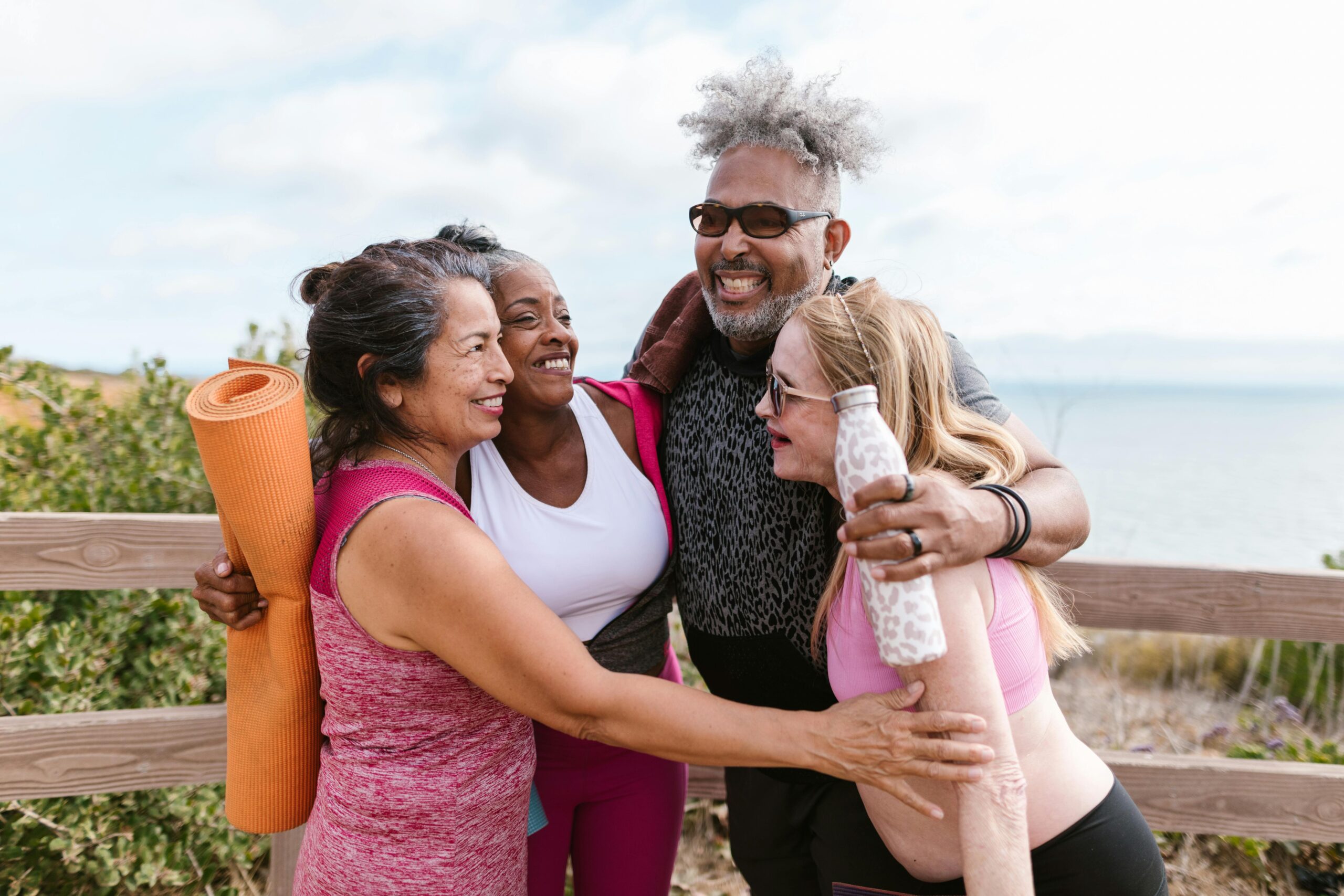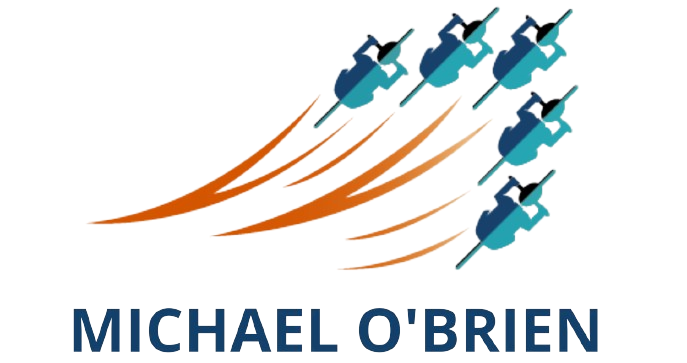
Finding a cure for neurasthenia
A moment to come together
During the holidays, my fam and I were discussing the virtues of The Vermont Country Store, which led to a conversation about The Farmers’ Almanac. I think I added a page to the “Dad’s Weird” book when I shared that I would religiously read it as a kid.
If you’re unfamiliar with it, for over 200 years, it has offered “secrets for success” in addition to weather forecasts, fishing and planting calendars, and lunar dates.
But don’t order now, there’s more…
Our conversation inspired me to buy a few 2025 copies, which, in my mind, became the “best gift ever” as I presented my daughters with their personal “Year-Long Guide to Greatness.”
In this year’s edition, you’ll discover that the best days in January to castrate farm animals are the 23rd to the 31st(who knew???), when to buy a house, how to care for cast iron skillets, and five “Long Life Health Hints” from the 1930 edition.
They include:
*Don’t overeat. Too much food clogs the intestines and generates poisons, which the body finds difficult, if not impossible, to eliminate.
*Keep your mouth in good condition. Poor teeth not only prevent you from chewing your food properly but also promote a foul, germ-laden condition of the mouth, which will infect all food and thus seriously affect your general health.
*Don’t worry over things you can’t help, and see you don’t have to worry over things you could have helped. Worry brings on neurasthenia, indigestion, and poor nutrition.
*Take a walk every day. Rust attacks unused machinery and sends it to the scrap heap long before its time.
*Always wash your hands before eating. The hands pick up millions of germs between meals, and these will surely get on your food unless they are washed off before you sit down at the table.
I love these, but admittedly, I had to look up neurasthenia. It’s a noun meaning “an ill-defined medical condition characterized by lassitude, fatigue, headache, and irritability, associated chiefly with emotional disturbance.” It was commonly used, as was horsefeathers, in the early 1900s but fell in popularity by 1940.
Of course, this led me to look up lassitude, a noun that means “a state of physical and mental weariness; lack of energy.” Its usage, along with the ninnyhammer, peaked in 1850. #bringbackoldwords
I share these principles because they highlight that while technology, medicine, and society have evolved, the fundamentals of health haven’t changed much: eat well, brush your teeth, don’t worry so much, wash your hands, and move your body.
Modern science has only reinforced what was intuitively understood nearly a century ago. We know what to do. Our challenge is doing what we know is right, and modern life and our phones haven’t made it easier.
We know that the world is changing faster than humans can adapt. We also know that stress, anxiety, and isolation are on the rise, and we are drowning in information.
So, what are we to do?
Well, one “health hint” is missing from the Farmers’ Almanac’s list. It’s the power of community—and science backs this up.
Think about life back in 1930. Life wasn’t idyllic. There wasn’t central AC and some societal limiting beliefs still challenge us today, but people knew their neighbors, went to religious services, and attended community groups like Rotary. We weren’t walking around immersed in our smartphones and using our Airpods to tune out the world.
Today, we search for the latest hack or the next “snake oil” promising health. We’ve over-indexed the value of the “sage on the stage” and social influencer and have forgotten our collective wisdom and how doing the basics well, like coming together, can lead to a healthy life.
Pause, Breathe, Reflect (P.B.R.) and what I do through my business coaching and Kintsugi Podcast are about community and the exponential value of connection.
P.B.R. is more than an app because it’s the only one that promotes community and hosts as many live practices as we do. And for the record, we are also big fans of eating well, brushing, washing, moving, and using mindfulness to minimize worry.
We gather at least twice weekly for a short, guided meditation, community care, and wisdom sharing. Some folks turn their cameras on; others leave them off. Some speak; others listen. Some stay for the full 30 minutes; others leave when they need to. It’s your oasis.
It’s a moment to breathe. It’s a moment to be, and all who come do so as they are without judgment. We can all use this as we head into a new year.
We let people know that they are heard, seen, and loved. We learn to navigate life with more grace and thoughtfulness each time we gather, providing an antidote to the constant grind we all face.
Without shame or shade, most people who receive this Ripple Effect email have never attended one of our gatherings. But with the new year, I am compelled to let you know that our door is always open to you – we keep it unlocked.
Please take a moment today to download our app. You can pay what you can (as little as $1), discover a practical path to a thoughtful way of living, and be part of a like-hearted endeavor.
What do you have to lose?
You might find that, indeed, we go far together. Plus, it might help ease any neurasthenia or lassitude that surfaces this year.
Oh, I can’t forget to mention. When you bring P.B.R. to your company, it makes work suck less, and your colleagues will love you even more than they do today. We can set up a time to discuss how this works.
Until next week, have fun storming the castle!
Michael
National Sticker Day is January 13th, and I’m handing out 1,000 stickers to celebrate. If you or a friend would like one of my Pause Breathe Reflect, Paws Breathe Reflect, Ripple Kindness, Ripple Love, Choose Compassion, Choose Joy, or Slow is Fast stickers, use this link to request one
And don’t forget to listen to this week’s Kintsugi Podcast (15 mins) to discover how to make your resolutions stick. The key is something we rarely discuss.
If this edition of The Ripple Effect was helpful, I hope you’ll share it with your friends and colleagues.




Leave a Reply